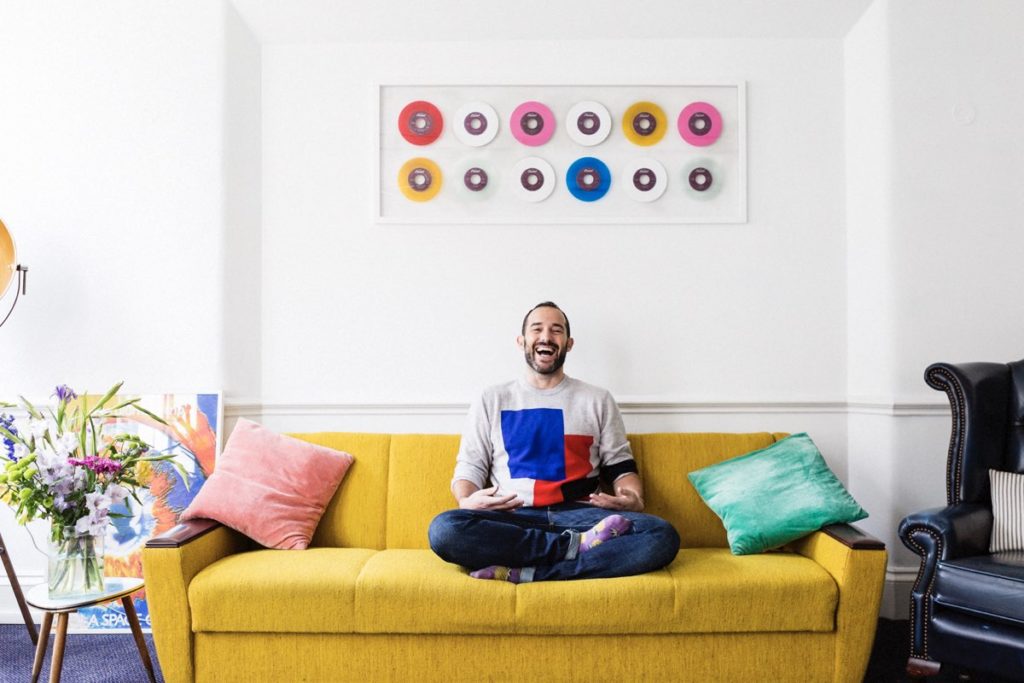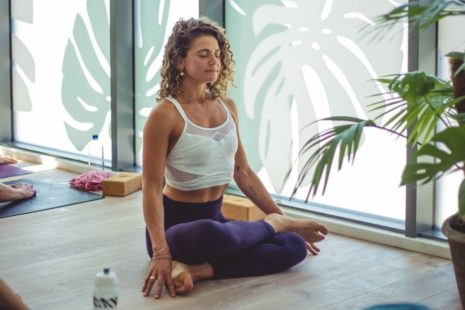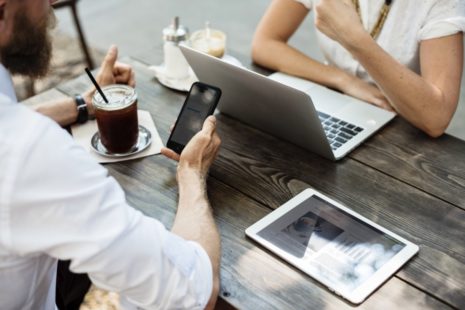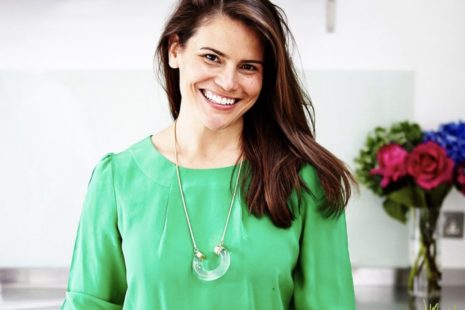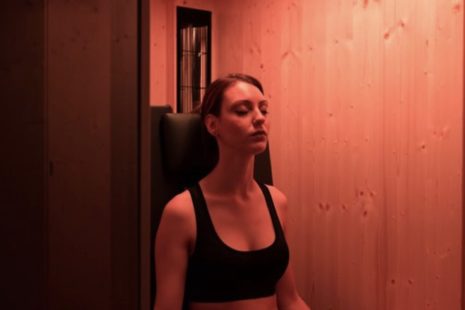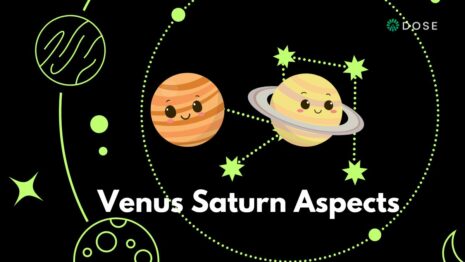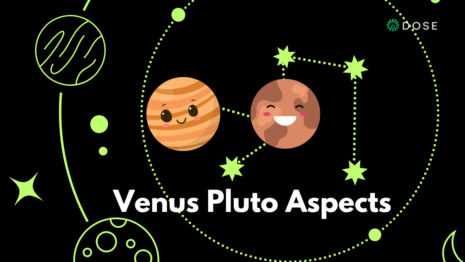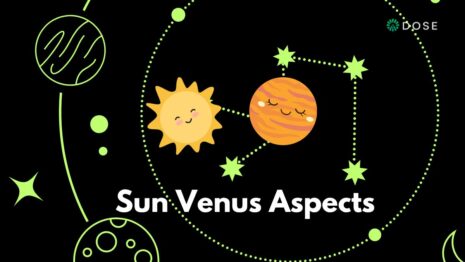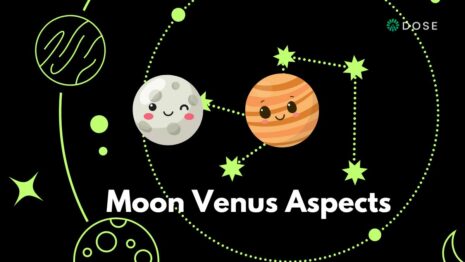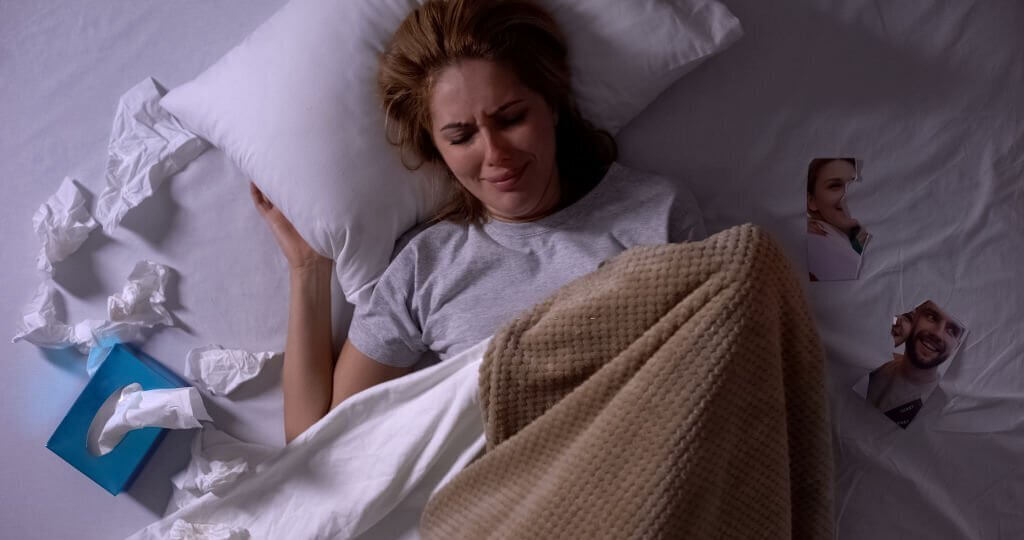Meet Will Williams, a former party boy who once relied on every stimulant imaginable to keep himself going. He talks to DOSE about swapping Red Bull for birdsong, overcoming years of chronic insomnia and why meditation is the new hedonism…
Can you describe a typical day in your former life managing music artists…
Wake up late, feeling rubbish from another night of nocturnal craziness, laced with debauchery. Trek to the office on the Northern line feeling grim, boshing some Red Bull to try and get me back in the game. Once there, all manner of activities would need doing, whether it was organising studios for recordings, liaising with agents about booking tours, coordinating PR, photo shoots and video shoots, negotiating record contracts, or attempting to generate interest within record labels for new artists. Liaising with radio stations about upcoming singles and live performances on air, or meeting up with the artists and trying to inspire them to push themselves harder on the songwriting front and to consider refining their material in certain ways. There was a lot to do, and as soon as the evening came, it was out to various venues in London or even up North, to check out the latest artists, keeping your finger on the pulse and always on the look out for an artist you believed in. It was absolutely knackering and you needed stimulants of every variety to keep you going. The best thing was the international music conferences like SXSW, which was an excuse for 15,000 of us music executives and artists to pretend we were back in the 60s. The worst thing was being so knackered at the weekend that I didn’t have the energy to party with my friends.
Describe a typical day now as a Vedic meditation teacher…
Wake up really early, and look out my window to the horizon and appreciate the stillness of a city still asleep. Listen to the birdsong, and watch as the sun rises over the east and starts to light up all the tall buildings with its golden hue. Do 30 minutes of yoga and 30 minutes of meditation, and then, having set myself for the day, switch my phone on and begin dealing with the never ending stream of emails and meetings that come my way, but doing so in a calm way. I’m often having a lot of communications with people we’ve taught answering their questions and giving them tips on how to get more out of their practise. I’ve also got a team of 14 people to manage, and so I need to check in with them regularly and make sure everyone is keeping the ship running in good order. There are usually events that need organising. For example, right now, I’m organising a Shavasana Disco in Los Angeles for next week, another in London for June. I’ve got my book, The Effortless Mind, coming out in 4 weeks and doing lots of stuff around that, and we are organising World Meditation Day at fabric this year, and coordinating DJs and promo for that. I’ve also got a huge festival in America that I’m going to be doing some seriously cool shizzle at, so watch this space…
I may have a press interview to do, I may need to go into an office environment and talk to them about meditation and maybe run a course or a guided meditation for the company. I am working on a big project for schools, so may have some meetings regarding that. I am writing new course material for advanced students, which takes a LOT of my time, I’m organising for some of the best complimentary practitioners in the world to attend our retreats to boost what we do with the meditation, and then come the evening I may be teaching a course, which is my favourite bit.
What does the word ‘hedonism’ mean to you?
It means the pursuit of happiness, quite literally. Back in the day, I used to think it meant getting off your face and chasing spike highs. Now I realise it’s about experiencing a continual stream of lasting fulfilment, and meditation is the cornerstone of what helps me experience that.
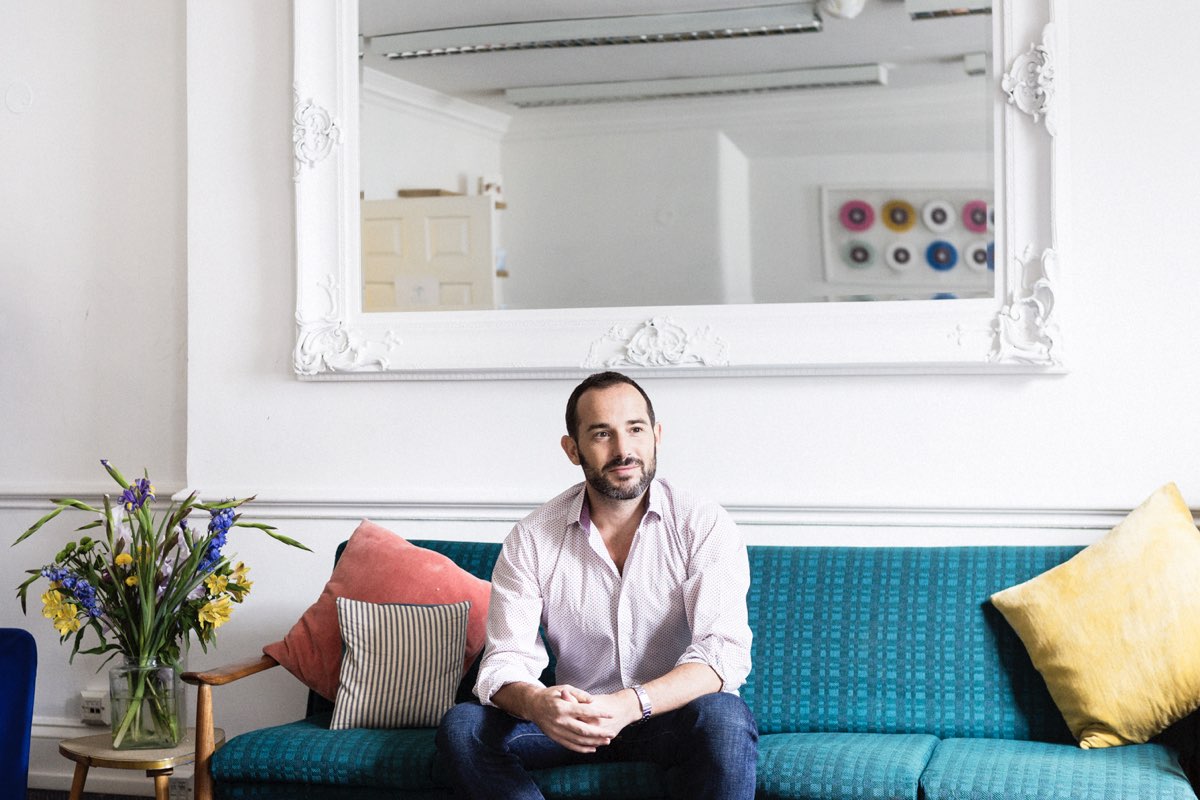
How did you get into meditation?
I had 7 years of Chronic Insomnia following an enormous car accident and some heavy post traumatic stress. I tried all the more common things like hypnotherapy, acupuncture, yoga, reflexology etc but none of them did very much, except perhaps make me feel temporarily good after I’d done it. Then I was lucky enough to be partying with a someone who was a friend of a friend and they told me how Vedic meditation was an amazing cure for insomnia, and so I gave it a whirl and my insomnia was sorted in two weeks!
How did the idea of Shavasana Disco come to be?
I always loved music, and we were trying to think of some fun ways to engage peeps with meditation. There are some folks out there who take meditation very seriously, and we’re not like that. It’s something that is fun and enjoyable and I want to help people feel that and experience it. My partner and I had always noticed that after a meditation, listening to music was a super spectral experience, so we started organising Sunday night get together’s in our apartment where people we’d taught could come and hang out, do a group med, and then lie down and appreciate the musical journey that was a full album experience. I was never really into smoking weed, but when I was at Uni, my housemates and I would often have a bifty and then listen to a great album and that was the one time I really liked to smoke, because it connected me even more deeply with music, which was my biggest passion in life. I never really forgot those cherished experiences so I guess it was ultimately inspired by that.
It proved to be a really popular event, and we needed a bigger space, so my right hand man at the time, Liam, suggested we do it in the studios where it was recorded, and it was like BOOM! Let’s do it! What’s been lovely is how receptive the music studios have been to us coming in. It feels like a real celebration of music and the meditation element makes it feel like a really powerful shared experience.
Why is it important to train consciousness like we train the body in the gym?
Because our consciousness is the root of all our thoughts, feelings and actions. If our consciousness is healthy, and expansive, we will feel really connected to our deepest essence, we will feel at peace, we will be able to cope with all that life throws at us, we will be mentally sharp, emotionally stable, our actions will be creative and constructive, and physically we’ll be in good condition because we are not getting stressed, we are eating what our body needs, and we are making great decisions. If we then do some moderate exercise on top, then we are absolutely flying. Some peeps will feel they get some of the aforementioned benefits from exercise, which is true, but doing the physical exercise without attending to the consciousness element will only get you a fraction as far down the path of inner fulfilment as going straight to the source of your consciousness through deep meditative experience.
How do you think social media is affecting our mental health and what should we do about it?
Psychologically, for many of us, it’s making us more fixated on surface level values, and on trying to keep up appearances. This is not particularly helpful, because the more externalised we are, the more of a hole we feel inside, and the more we then need to try and fill that hole with experiences which are unlikely to be sustainable.
Even more detrimental is the effect on the nervous system. Our nervous systems are the seat of our consciousness and connect our brains to our bodies, and to all our internal organs, to our gut (microbiome) and to our epigenome. It is our information superhighway. But if it is cluttered up with over-stimulation from looking at screens all day long, then the mind and body’s ability to communicate effectively is seriously compromised. All that information flooding through the visual cortex overwhelms our brain, triggering fight or flight activation, causing so much electrical stimulation of our neurons that we end up having circa 100,000 thoughts a day, and triggering sufficient dopamine release that we end up becoming addicted to the trigger experience. Dopamine is like the crack cocaine of neurotransmitters, and becoming addicted to it has all sorts of knock on effects. One of them being that the more addicted we become to our devices, the more disconnected we become from other humans. We are innately social creatures, and we thrive on contact and shared experience with others, but if we are lost in a screen rather than deeply connected conversation, then that hole inside grows bigger, but our externalised focus means we go even further down the rabbit hole of digital thrill seeking and it becomes a vicious cycle whereby the distraction of our device is one of the only forms of solace we feel comfortable with. The end result is anxiety, and eventually depression.
It would seem that smart phones and their like are here to stay, so in terms of solutions, I would suggest Vedic meditation and ‘screen discipline’. Meditation is a great way to calm down your nervous system, balance your hormones, and to somewhat free yourself from your addictive tendencies. this then gives you the bandwidth to exercise some screen discipline, like not looking at your phone for the first and last hour of the day, which is when they are the most damaging. If you do those two things, then generally it will be ok, and these devices can add value rather than have a questionable benefit on our life experience.
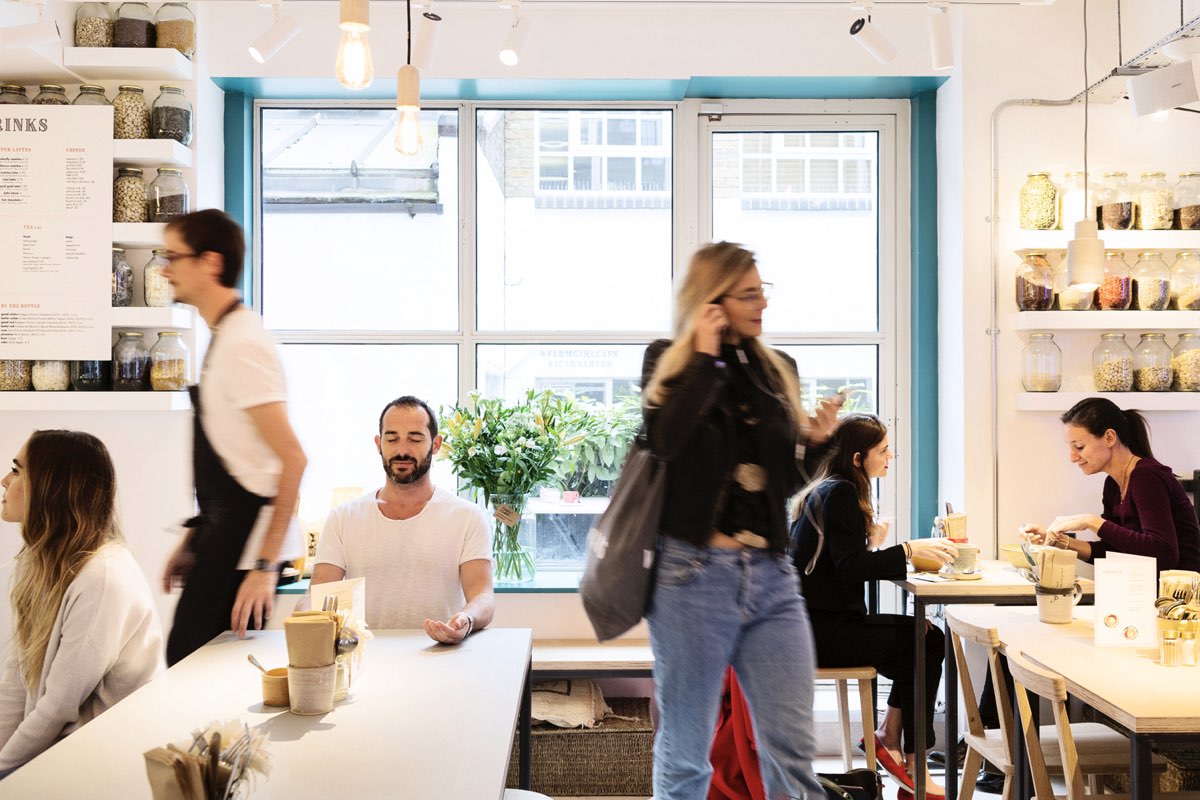
What would you tell people who are ‘too busy’ to meditate, slow down and switch off?
If you’re too busy to meditate, then that means you need meditation more than most. It probably also means you’re being very busy, rather than very effective. The most beneficial forms of meditation will calm you down, help you make better decisions, prioritise tasks more effectively, will give you better sleep, more energy, more stamina, will improve your relationships and will help you problem solve far more powerfully. What soon transpires is that meditation gives you more time, not less, because you become incredibly effective, rather than simply being busy.
If you could go back in time, what are 3 things you would tell your younger self?
1) Listen to your heart more, and be less in your head.
2) You have nothing to fear when you are being true to yourself.
3) The happiness you seek is inside and not out.
Life mantra…
Love, truth, and playfulness.
Pre-order Will Williams’ book The Effortless Mind: Meditation for the Modern World on Amazon
Related Posts:
- Best Tattoo Artists in UK 2023
- Why you should visit Iceland to see the Northern Lights
- Master Number 33: Meaning, Powers, Relationship and Career
- Pikes Ibiza - For Pleasure Seekers In Search Of Balance
- Lunar Insomnia: Does The Full Moon Affect Sleep?
- Master Number 11: Meaning, Powers, Relationship and Career
